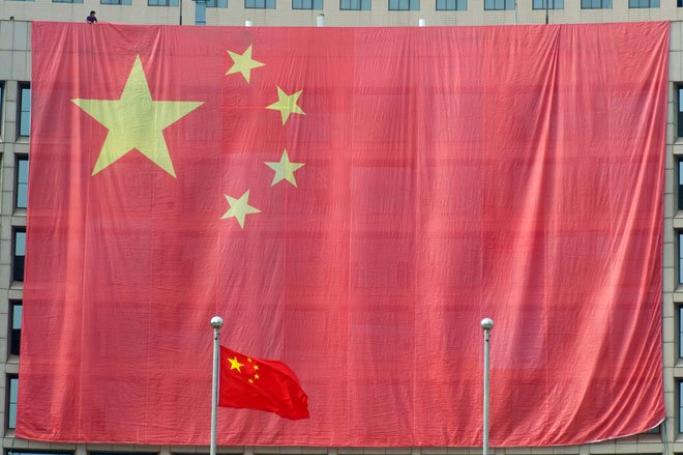Myanmar’s relationship with China has always been uneasy. After Chairman Mao assumed power in 1949, remnants of the Kuomintang fled into northern Myanmar, creating all kinds of problems for the newly independent government that was already dealing with a widespread armed ethnic insurgency. The US eagerly supported the KMT.
The formation of the Communist Party of Burma was another headache for the central government. The CPB managed at one stage to occupy such major cities as Toungoo and Mandalay. It fractured in 1989 amid factional differences. The CPB’s demise was initiated by the Kokang rebel leader, U Pyone Kyar Shin, whose Myanmar National Democratic Alliance Army appears to have inflicted heavy losses on the Tatmadaw since fighting erupted in Laukkai on February 9.
The national uprising against miltary rule in 1988 and its crushing by the Tatmadaw led to a new generation of generals seizing the reins of power and the further isolation of the country after the West imposed sanctions. The sanctions pushed the junta into the embrace of Beijing and for almost two decades the Chinese got what they wanted from Myanmar at bargain prices or on favourable terms.
Myanmar’s opening to the world has enabled it to profit from its geo-political importance and abudance of natural resources. Increased competition – and in the case of the Myitsone dam, national opposition – has resulted in many deals with Chinese companies falling through, much to the chagrin of Beijing and the high-ranking Tatmadaw officers who are closely aligned with senior Chinese Communist Party officials.
China’s economic dominance in Myanmar might be coming to an end, but Beijing is not backing down voluntarily. It can still wield influence on the peace process, for example.
Of particular interest is the complex relationship between China and the Kachin Independence Organisation. The Kachin opposed the multi-billion dollar Chinese-backed Myitsone dam. In the face of an escalating national protest movement, President U Thein Sein suspended work on the project in 2011. The move earned him kudos from the broad masses of the people but created huge discomfort in the relationship with China. By then the informal ceasefire with the KIO had already crumbled.
The KIO depends on China for revenue from its jade and timber exports and the supply of arms and ammunition. As long as China supports the KIO, it will be able to sustain its armed struggle.
Beijing is also grooming senior leaders of the KIO and its armed wing, the Kachin Independence Army. Some high ranking KIA officers have been offered scholarship at Chinese universities. Among them is U Mung Aung, the assistant to KIA deputy chief of staff Major-General Gun Maw. U Mung Aung is studying Chinese language at Qinghai University and plans to study for a master’s degree in Chinese politics, foreign policy and international relations.
In another telling development, an interview with MNDAA leader U Pyone Kyar Shin, whose Chinese name is Peng Jiasheng, was published earlier this month by the Global Times, a Chinese government-sponsored newspaper known for its strongly nationalist readership.
“Was it published because the Communist Party of China and Beijing want to send a message to Myanmar?” columnist Sithu Aung Myint wondered in the Myanmar Times.
If so, Beijng is playing a dangerous game. On the one hand it needs stability to secure a steady flow of crude oil and natural gas through the Kyaukphyu pipeline, and on the other it is trying to exert pressure on the government by fostering ties with its ethnic opponents.
Might its strategy be intended to help China-friendly officers to return to power? In the event of a national crisis, the constitution provides for the President to temporarily hand over power to the Commander in Chief.
The suspended US$3.6 billion Myitsone hydro-electric dam project will be one of the first items on the agenda of the new government.
Whatever the scenario, the Chinese have made clear through their actions that they want a bigger piece of the cake and that they are prepared to resort to old-style covert dirty politics to bully Nay Pyi Taw into giving them what they want.
You are viewing the old site.
Please update your bookmark to https://eng.mizzima.com.
Mizzima Weekly Magazine Issue...
14 December 2023
Spring Revolution Daily News f...
13 December 2023
New UK Burma sanctions welcome...
13 December 2023
Spring Revolution Daily News f...
12 December 2023
Spring Revolution Daily News f...
11 December 2023
Spring Revolution Daily News f...
08 December 2023
Spring Revolution Daily News f...
07 December 2023
Diaspora journalists increasin...
07 December 2023
Interview of US Ambassador Scot Marciel with Mizzima












